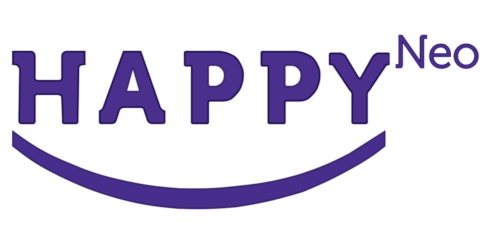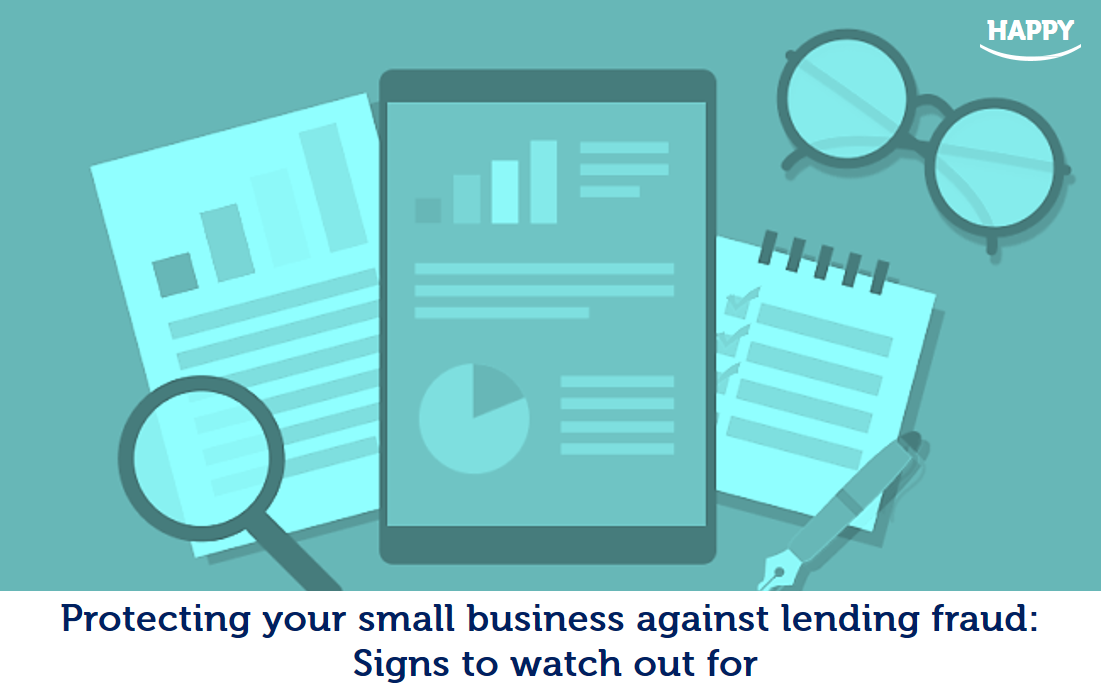
Emergence of Remittance Companies
MSMEs are considered the central engine driving the Indian economy. Prominent players in their constitution are the Kirana stores and neighbourhood mom-and-pop shops visited by all and sundry. Apart from the usual product offerings which is groceries, medical supplies, phone recharges etc., many of these stores also offer remittance services in exchange for a small commission fee. For the working class and the unorganised sectors, this method of wiring money is preferable to visiting a bank since these stores are operational for longer hours and the transaction is paperless.
With 3 cr. (approx.) Jan Dhan bank accounts, Kirana stores became an ultimate choice for the migrants across the country. Their business model requires sufficient working capital to grow their remittance business, however they continue to struggle in search of formal credit assistance to address their liquidity crunch.
This credit gap is being tackled by digital lending companies who are providing unsecured loans and are conscious of the challenges faced by small business owners.
Fintech lending as a driver of change
With advent of fully digitised loan options, fintech firms are emerging as innovative credit disruptors. Ranging from short-ticket loans to merchant cash advances, these loans have flexible repayment tenures that are cognizant of the limitations faced by the unorganised sector.
The usual barriers that restrict the small businesses from availing a formal credit are insufficient/no collaterals, high cost of servicing small loans and absence of credit score. Prospective borrowers are assessed on their business performance using algorithms and machine learning. With no dependency on physical data entry, fintech firms can eliminate the pitfalls created by bias, prejudice and human error.
During the coronavirus crisis, financial strength is key
Over millions of merchants have been left with heavy overheads and crippled earnings due to the pandemic. Small businesses are cash-strapped and require working capital to restart operations. At this juncture, fintech firms like HAPPY are looking to make credit access more inclusive and approachable. Founded by Mr. Manish Khera in 2017, this fully digital lending firm has serviced enterprises dealing with remittance payments, farming, dairy, food and beverages, PoS transaction etc.
Intending to empower these businesses in the current crisis, and after surveying close to 300 MSMEs, Happy has responded with the ‘Lockdown Loan’. It’s a unique concept that provides small business owners access to working capital without the burden of immediate repayment.
These are bullet loans of Rs 25,000 and Rs 50,000 that can be repaid after 6 months. Empathy is at the core of this product, which is why the Lockdown Loan comes with COVID-19 insurance. In case the small business owner test positive for the novel coronavirus, the entire loan will be waived off.
The road ahead
Small businesses contributed 29% to India’s GDP last year. As the government looks to increase this share to a strong 50%, fintech firms like Happy strive to span the gap between policymaking and the final disbursement of funds to small business owners across India.


